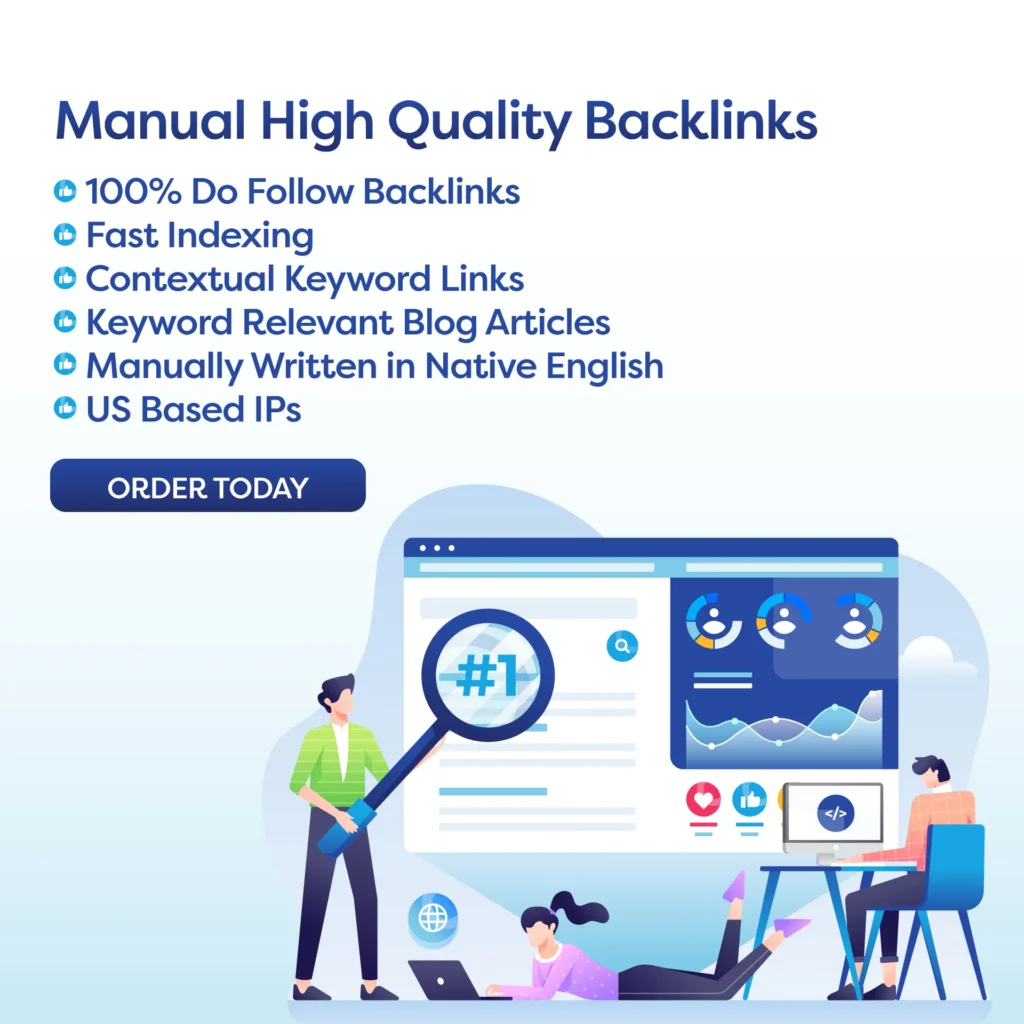E-commerce SEO: Tips for Online Stores
Introduction
In today’s digital age, having a strong online presence is crucial for the success of any business. This is especially true for e-commerce businesses, as the majority of their sales are generated through their online store. However, with the increasing competition in the e-commerce industry, it is not enough to just have an online store. Your store also needs to be easily discoverable by potential customers. This is where e-commerce SEO comes in.
What is E-commerce SEO?
E-commerce SEO (Search Engine Optimization) is the process of optimizing an online store’s content and technical aspects to improve its ranking on search engine result pages (SERPs). This helps to increase the visibility of the store, drive more traffic, and ultimately, increase sales.
Why is E-commerce SEO important?
With millions of online stores competing for the attention of potential customers, it is crucial to have a strong SEO strategy to stand out from the crowd. According to a study by BrightEdge, organic search drives 51% of all website traffic and 40% of revenue. This shows that having a high ranking on search engines can greatly impact the success of an e-commerce business.
Top E-commerce SEO Strategies
1. Keyword Research and Optimization
Keyword research is the process of identifying the words and phrases that potential customers are searching for on search engines. By incorporating these keywords into your website’s content, you can improve your chances of appearing on relevant search results. It is important to use a combination of highly relevant and less competitive keywords to increase your chances of ranking high on SERPs.
2. Optimize Product Descriptions
Product descriptions play a crucial role in e-commerce SEO. Not only do they help potential customers understand your products better, but they also provide an opportunity to incorporate relevant keywords. Make sure to write unique and detailed descriptions for each of your products, and include relevant keywords naturally.
3. Improve Website Speed
Website speed is a crucial factor in both user experience and SEO. A slow-loading website can lead to a high bounce rate, meaning potential customers will leave your site without making a purchase. This can also negatively impact your search engine ranking. Make sure to optimize images, reduce unnecessary plugins, and use a reliable hosting service to improve your website’s speed.
4. Utilize Social Media
Social media can be a powerful tool for e-commerce SEO. By promoting your products and sharing valuable content on social media platforms, you can drive more traffic to your website. Additionally, having a strong social media presence can also improve your brand’s credibility and trustworthiness, which can positively impact your search engine ranking.
5. Mobile Optimization
In today’s mobile-driven world, having a mobile-friendly website is essential. Google has also started using mobile-first indexing, which means it primarily uses the mobile version of a website to determine its ranking. Make sure your website is optimized for mobile devices to improve your search engine ranking and provide a better user experience for potential customers.
Conclusion
E-commerce SEO is a crucial aspect of running a successful online store. By implementing these strategies, you can improve your store’s visibility, drive more traffic, and ultimately increase sales. Remember to regularly analyze and track your SEO efforts to make necessary adjustments and stay ahead of the competition. With a strong SEO strategy, your online store can reach new heights of success.
